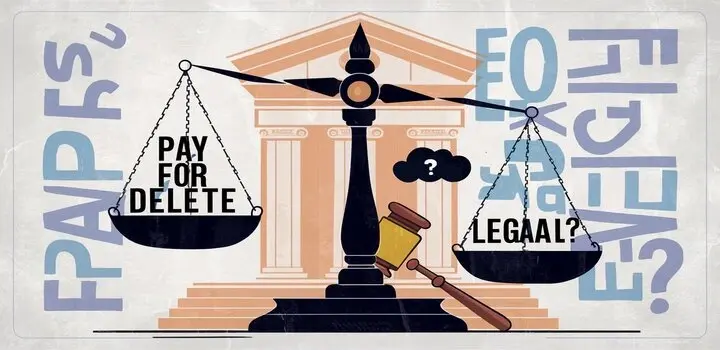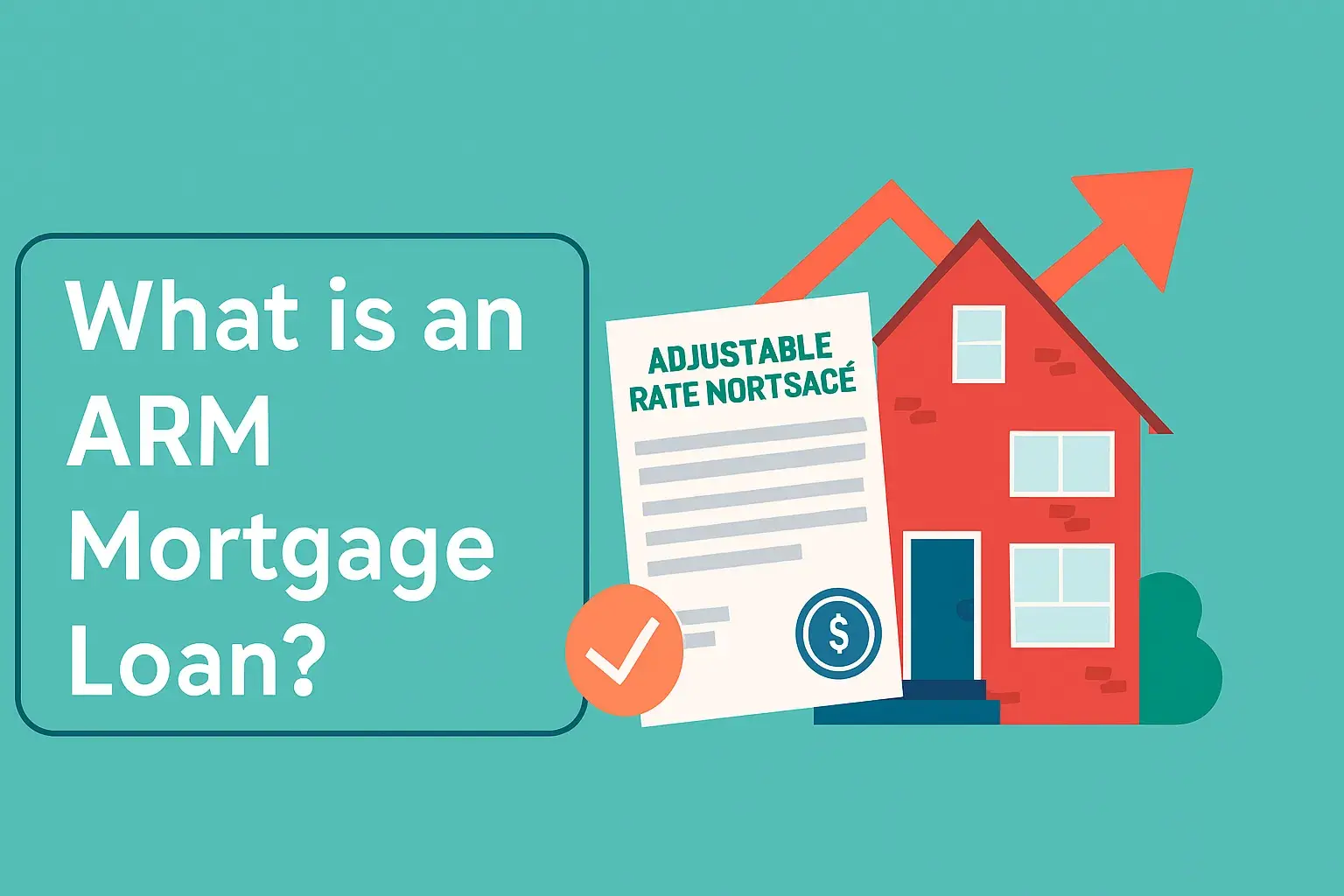The Allure of Early Retirement at 55
The dream of early retirement is a powerful one. Imagine waking up at 55, free from the daily grind, and pursuing passions you've long set aside. For many, the thought of spending their golden years traveling, volunteering, or simply enjoying leisure time is a compelling goal. However, the financial realities of early retirement, particularly the question of Social Security benefits, require careful consideration. Can you actually retire at 55 and collect Social Security? The short answer is: not quite, at least not at the full retirement age.
This article will explore the intricacies of Social Security and early retirement, helping you understand the potential benefits, drawbacks, and alternative strategies for achieving your retirement dreams at 55.
Understanding Social Security Retirement Ages
Social Security is designed to provide income to retirees, but it's not a one-size-fits-all system. The age at which you begin receiving benefits significantly impacts the amount you receive each month.
Full Retirement Age (FRA)
The Full Retirement Age (FRA) is the age at which you're eligible to receive 100% of your Social Security retirement benefits. The FRA depends on your year of birth. Here's a breakdown:
- Born between 1943 and 1954: FRA is 66
- Born in 1955: FRA is 66 and 2 months
- Born in 1956: FRA is 66 and 4 months
- Born in 1957: FRA is 66 and 6 months
- Born in 1958: FRA is 66 and 8 months
- Born in 1959: FRA is 66 and 10 months
- Born in 1960 or later: FRA is 67
Since you're considering retiring at 55, your FRA is likely 67. This means that if you wait until age 67 to begin collecting Social Security, you'll receive your full benefit amount.
Early Retirement Age
The earliest age you can begin receiving Social Security retirement benefits is 62. However, claiming benefits before your FRA comes with a significant reduction in your monthly payment. This reduction is permanent, and the amount of the reduction depends on how many months before your FRA you begin receiving benefits.
For example, if your FRA is 67 and you start collecting Social Security at age 62, your benefit will be reduced by approximately 30%. This is a substantial reduction that needs to be factored into your retirement planning.
Social Security at 55: The Reality
The Social Security Administration (SSA) does *not* allow individuals to collect retirement benefits at age 55. You must be at least 62 years old to begin receiving retirement benefits. Therefore, retiring at 55 and relying on Social Security income alone is not a viable option.
Disability Benefits as an Alternative
There is one potential exception: disability benefits. If you become disabled and are unable to work before age 62, you may be eligible for Social Security Disability Insurance (SSDI). SSDI benefits are based on your work history and are not reduced for early retirement. However, qualifying for SSDI can be challenging and requires meeting strict medical criteria. It's crucial to consult with the Social Security Administration and potentially a disability attorney to understand your eligibility.
Financial Planning for Early Retirement at 55
Since you can't directly access Social Security retirement benefits at 55, careful financial planning is essential to make early retirement a reality. Here are some key considerations:
Retirement Savings
Your retirement savings will be your primary source of income between age 55 and when you choose to start receiving Social Security benefits. This could include:
- 401(k) Plans: Calculate your projected 401(k) balance at age 55 and determine the sustainable withdrawal rate. The "4% rule" is a common guideline, suggesting that you can withdraw 4% of your portfolio's value each year without depleting it. However, this rule is not foolproof and should be adjusted based on your individual circumstances, risk tolerance, and market conditions.
- Individual Retirement Accounts (IRAs): Similar to 401(k)s, IRAs offer tax-advantaged savings. Consider Roth IRAs for tax-free withdrawals in retirement.
- Pension Plans: If you have a pension plan, understand the payout options and the age at which you can start receiving benefits.
- Other Investments: Include any other investments, such as stocks, bonds, mutual funds, and real estate, in your retirement planning.
Estimating Your Retirement Expenses
Accurately estimating your retirement expenses is crucial for determining how much savings you'll need. Consider both essential and discretionary expenses:
- Housing: Mortgage payments, rent, property taxes, insurance, and maintenance.
- Healthcare: Healthcare costs tend to increase with age. Factor in premiums, deductibles, co-pays, and potential long-term care expenses. Explore health insurance options for early retirees, such as COBRA, the Affordable Care Act (ACA) marketplaces, or private health insurance plans.
- Food: Groceries and dining out.
- Transportation: Car payments, gas, insurance, public transportation, and travel.
- Utilities: Electricity, gas, water, and internet.
- Entertainment: Hobbies, travel, and social activities.
- Taxes: State and federal income taxes on retirement income.
Use budgeting tools and retirement calculators to create a realistic estimate of your expenses. Remember to account for inflation, which can erode the purchasing power of your savings over time.
Gap Funding Strategies
Since you can't access Social Security at 55, you'll need to bridge the gap between retirement and when you start receiving benefits. Consider these strategies:
- Part-Time Work: Working part-time can provide income, health insurance, and social interaction. Consider consulting, freelancing, or other flexible work arrangements.
- Bridge Jobs: A bridge job is a less demanding job that allows you to ease into retirement while earning income.
- Strategic Asset Allocation: Manage your investment portfolio to generate income while balancing risk. Consider diversifying your investments across different asset classes.
- Downsizing: Downsizing your home can free up capital and reduce your living expenses.
- Delaying Social Security: Even if you retire at 55, delaying Social Security until your FRA or even age 70 will significantly increase your monthly benefit. Each year you delay, your benefit increases by approximately 8%.
Tax Planning
Tax planning is an essential part of retirement planning. Understand the tax implications of withdrawing money from your retirement accounts. Consider consulting with a tax advisor to develop a tax-efficient retirement strategy.
Claiming Social Security Later
While you can't claim at 55, it's important to consider when you *will* claim Social Security. Here's a brief overview:
Claiming at 62: The Earliest Option
Claiming at 62 gives you access to benefits sooner, but with a significant reduction. Consider this option if you have a shorter life expectancy, need the income urgently, or prefer the security of guaranteed income.
Claiming at Full Retirement Age (FRA)
Claiming at your FRA provides 100% of your benefit. This is a good option if you expect to live an average lifespan and don't need the income urgently.
Claiming at Age 70: Maximizing Your Benefits
Claiming at age 70 maximizes your benefits. Each year you delay claiming beyond your FRA, your benefit increases by approximately 8%. This option is best for those who expect to live a long life and don't need the income urgently.
The Importance of Professional Financial Advice
Planning for early retirement and navigating the complexities of Social Security requires careful consideration and expertise. A qualified financial advisor can help you:
- Develop a personalized retirement plan.
- Estimate your retirement expenses.
- Manage your investment portfolio.
- Optimize your Social Security claiming strategy.
- Navigate tax implications.
Consider seeking professional financial advice to ensure you're on track to achieve your retirement goals.
Conclusion: Retiring at 55 is Possible with Careful Planning
While you can't collect Social Security at 55, retiring at that age is achievable with careful financial planning, disciplined saving, and strategic decision-making. Focus on maximizing your retirement savings, minimizing your expenses, and exploring alternative income sources. Consider delaying Social Security to maximize your benefits later in life. With proper planning and professional guidance, you can turn your dream of early retirement into a reality.











